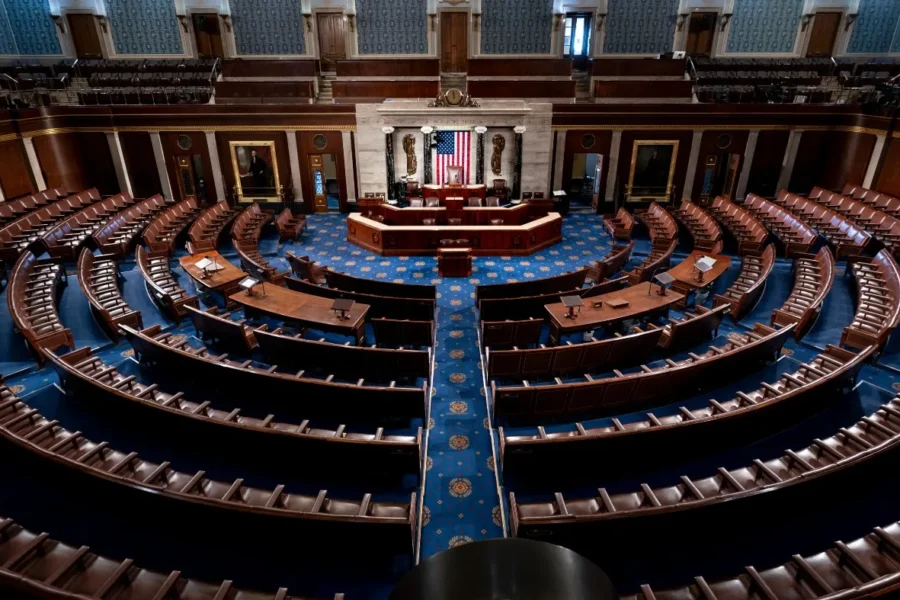Over 60% of the U.S. Supreme Court’s Overruled Cases Involve Issues of Constitutional Law
Overruling Roe would not lead to the demise of the Supreme Court’s legitimacy, nor will the Court “reverse for the first time the trend toward expanding rights” as claimed by constitutional scholar Laurence Tribe and supported by political commentators like Jennifer Rubin. These notions are a figment of the pundits’ imaginations, as evidenced by the data. In the Court’s 232 year history, the Court has overruled itself 233 times, and 141 of those cases involved matters of constitutional law. Over 60% of the cases involved constitutional issues, for the simple reason that stare decisis is afforded considerably less weight when the Constitution is involved, especially when the law is unsettled.
History of the Court Revoking or Limiting Past ‘Constitutional Rights’
Furthermore, the Court has revoked or placed limits on constitutional rights that had been announced by the Court in prior cases. West Coast Hotel v. Parrish (1937) revoked the “freedom to contract.” Employment Division v. Smith (1990) impacted the right to free exercise of religion, and many say unduly narrowed it. Howes v. Fields (2012) is one of the many Court decisions that has narrowed Miranda rights. It took the Court fifty-eight years to overrule Plessy v. Ferguson’s (1896) holding that separation of the races was “equality.” And let’s not forget the Court’s horribly wrong decision in Dred Scott v. Sandford (1857), in which the Supreme Court ruled that slaves were “property”. It took a Civil War and a series of Reconstruction Amendments to “overturn” that decision.
The Supreme Court Should Overturn Roe v. Wade
The Court not only has the right but the duty to overturn Roe in order to protect its legitimacy. The Court never settled the abortion issue and never will. Rather than arguing about the proposed right to kill the unborn, our society should be working together to protect the explicit constitutional right to life. The overturning of Roe v. Wade will go down in history with such decisions as Dred Scott and Plessy. As precedent amply shows, the Court must right its egregious wrongs.




